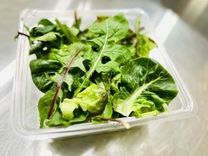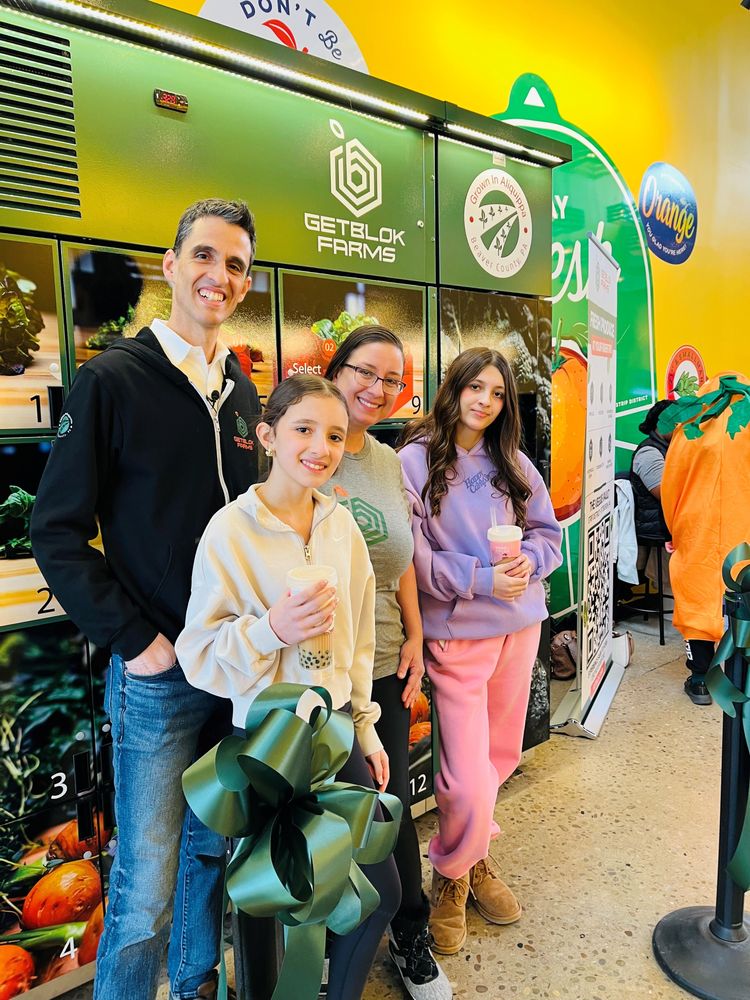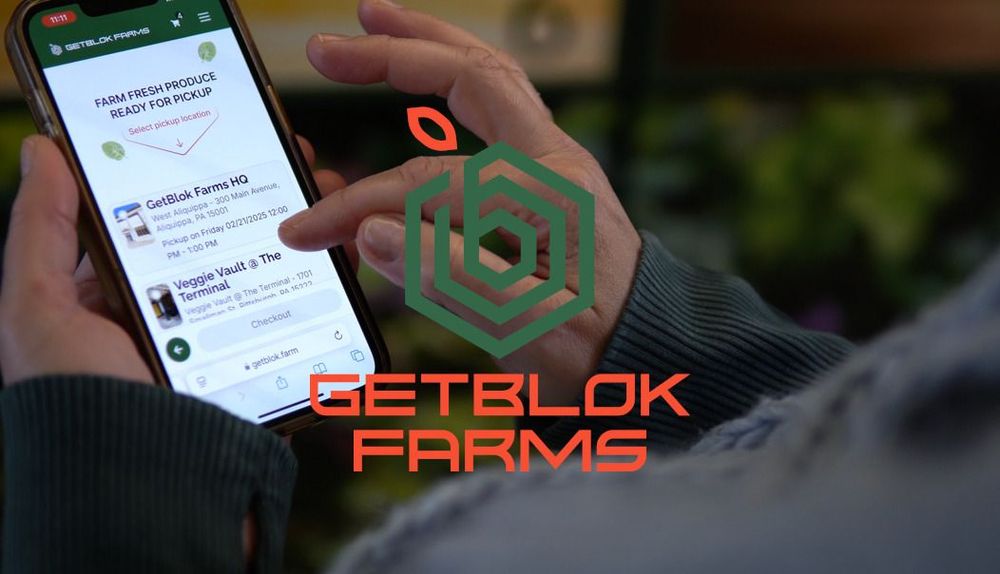We
Grow
Greatness
At GetBlok Farms we provide hyper-local, cost-effective, and environmentally sustainable hydroponic produce year-round. Our mission is to introduce high quality and reliable source of nutrition for local communities.
Where to find us



In Store
Shop at select retail stores offering a curated list of GetBlok Farms' products.

Partner Restaurants
Enjoy GetBlok Farms products in the region's highest rated chefs and restaurants.

Markets
Check GetBlok Farms seasonal market schedule.

Join our community
Subscribe to our newsletter to stay in touch and updated on latest news by GetBlok Farms!
Build your own basket
Save with a monthly subscription - up to 5% off!
Save time
Save money
Fresh and High Quality Produce
How we Farm
Growing greatness begins with innovative approaches to solve some of today's biggest challenges when growing food for our communities.


High-Efficiency LED lights

Grown from seeds

Precise irrigation of nutrients
Our Products
We grow a curated catalog of unique products including Lettuce, Leafy Greents, Herbs, Roots, and Edible Flowers.
The Journey
Our produce is grown with greatness: optimum environment, perfect light intensity, real-time calibrated water quality and nutrients, and the best crop team in the region.

Grown from seed, our crops utilize non-GMO seeds and are grown under a carefully designed environment for optimum germination.

Seedlings are transplanted to vertical panels, where up to 88 panels per farm exist. Seedlings are irrigated through high efficiency drip irrigation and red/blue spectrum LED lighting.

Upon pre-determined dates by our software, crops are harvested at optimum quality and freshness. All produce is packaged inside our sealed Controlled Environment farm, ensuring freshness and highest food safety.
Healthier Choices, Greener Future

No Pesticides
Pesticide-free, grown with organic practices.

Water Efficient
97% less water utilization than traditional farms.

Healthy Seeds
Non-GMO seeds utilized for all crops.

Wind Powered
100% Wind-generated eRECS certified renewable energy.
Latest News
frequently asked questions
Learn about the latest in Controlled Environment Agriculture. GetBlok Farms is commited to innovation in the Agricultural field, and enabling our local communities to learn and experience this agricultural innovation.
Giving Back
GetBlok Farms targets a 0% waste practice. Through advanced traceability software, we ensure all grown products reach a consumer, regardless if sold or if donated. Our commitment to Aliquippa and Southwestern PA includes weekly donations to local food pantries.

Happy Customers

















